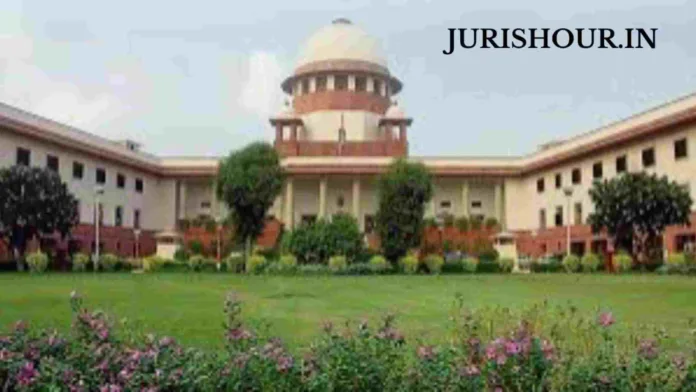The Supreme Court has delivered a split verdict in the Shelf Drilling case concerning the interplay between Sections 144C and 153 of the Income-tax Act, 1961, in determining the limitation period for completing assessments.
While the detailed order is awaited, the ruling is expected to have a far-reaching impact, particularly for assessees who opted for the Dispute Resolution Panel (DRP) route in earlier assessment years.
The central question before the Court was whether, in cases routed through the DRP under Section 144C, the final assessment order must still be completed within the overarching time limit prescribed under Section 153 — generally 12 months from the end of the financial year in which the Income Tax Appellate Tribunal (ITAT) remand order was received — or whether the additional time frames embedded in Section 144C for DRP proceedings and for the Assessing Officer’s final order function independently, thereby extending the permissible period.
Tax professionals and corporates are closely watching for the detailed reasoning, as the verdict could shape future assessment timelines and the validity of orders passed under extended schedules.
Read More: CBDT Amends Income-tax Rules to Include Foreign Portfolio Investors in IFSC Transactions

